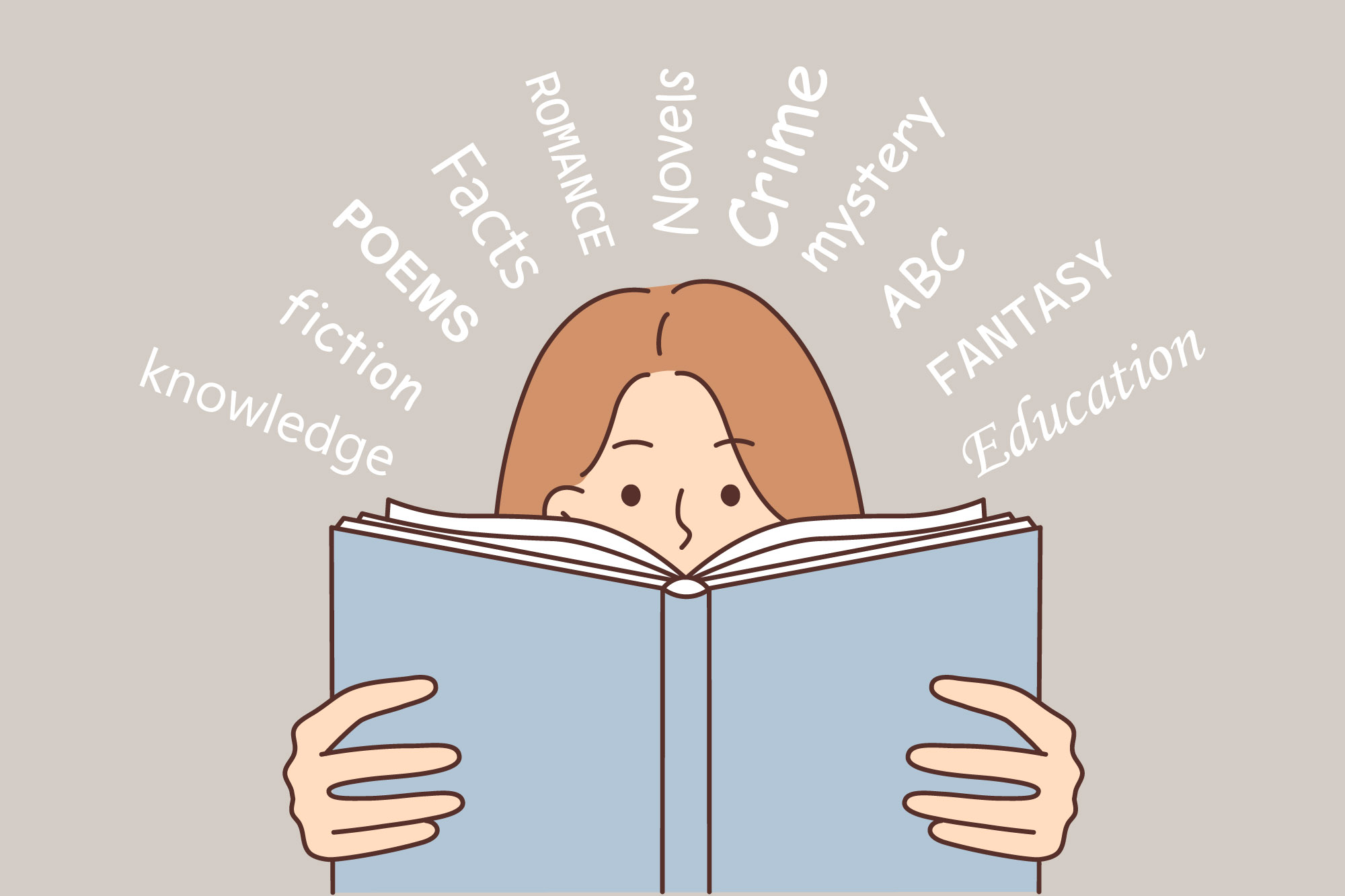
Understanding Genre: A genre is a category of literature characterized by similarities in form, style, or subject matter. Common genres include mystery, romance, science fiction, fantasy, thriller, horror, historical fiction, and literary fiction, among others. Each genre has its own conventions and expectations that guide the narrative.
Genre Conventions: Genre conventions are elements that readers typically expect from a certain genre. For example, a mystery novel typically involves a crime that needs to be solved, while a romance novel centers on a love story. Understanding these conventions can help you satisfy your readers and avoid surprising them in a way that could be off-putting.
Mixing Genres: It’s okay to blend elements from different genres to create a unique narrative. Many contemporary books are cross-genre, meaning they combine elements of two or more genres. However, be sure to maintain a balance that serves your story without confusing your readers.
Genre and Audience: Different genres attract different readerships. Understanding who your target readers are can help guide your genre choice. Research your intended audience to better understand what they expect from your chosen genre.
Genre and Market Considerations: Your genre choice can influence your book’s marketability. Some genres have larger readerships and are more commercially successful than others. However, writing in a genre simply because it’s popular isn’t always the best strategy. You should write in a genre you’re passionate about, as your enthusiasm and knowledge will shine through in your writing.
Experimentation and Discovery: If you’re unsure about your story’s genre, try writing a few scenes or chapters and see which genre feels like the best fit. Reading widely across different genres can also help you figure out which genre you’re most drawn to.
Respecting the Genre: While it’s okay to challenge genre conventions, be careful not to alienate your readers. They have certain expectations when they pick up a book from a specific genre, and if those expectations are not met, they might feel disappointed.
Understanding and selecting your story’s genre is a critical step in the writing process. It helps you understand your narrative’s structure, tone, and audience expectations. By finding the perfect fit, you can ensure your story resonates with readers and stands out in its genre.








